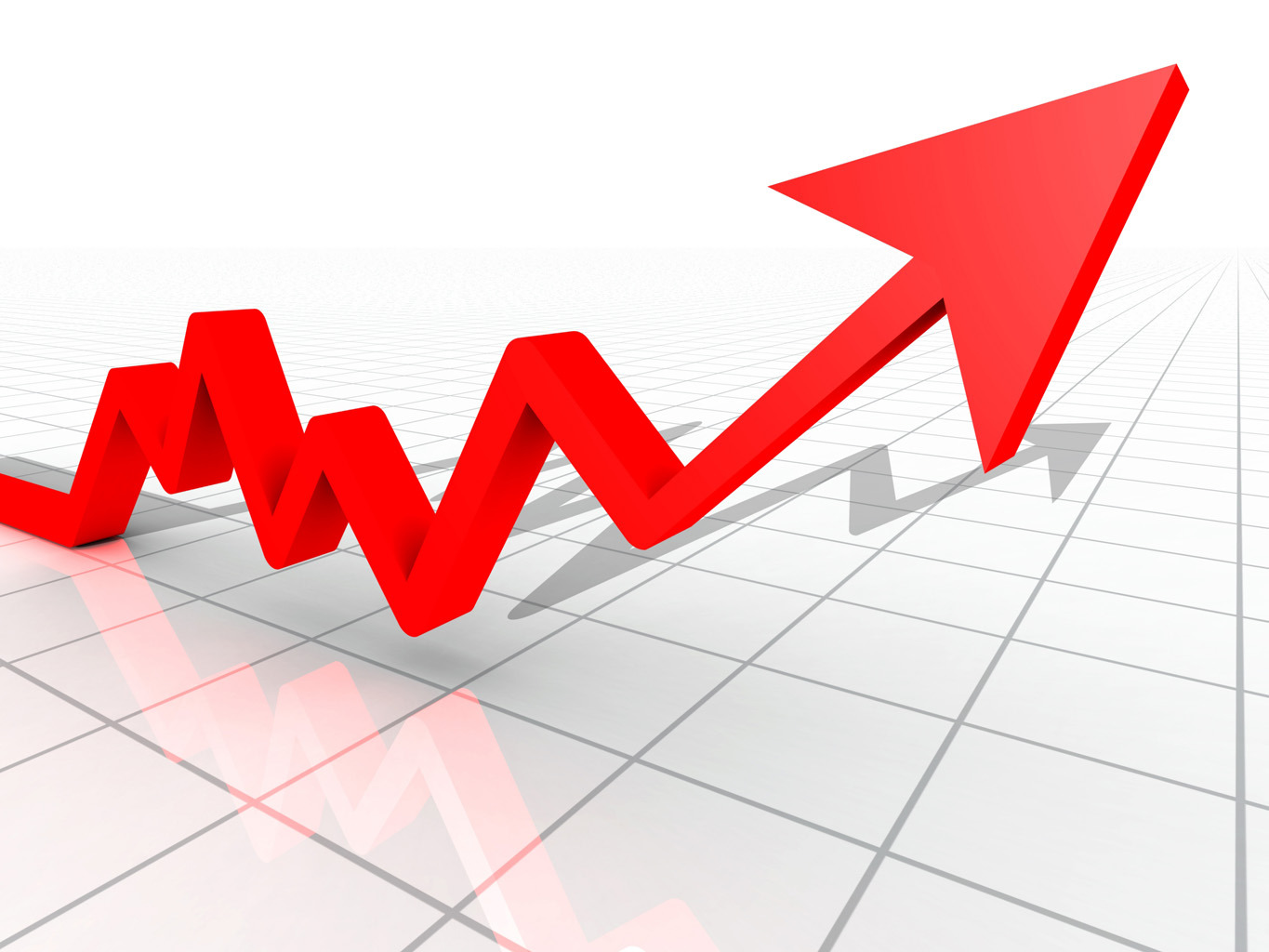Ghana’s Gross Domestic Product (GDP) for 2013 grew by 7.1 percent against the target of 8.0 percent, Finance Minister, Seth Terpker has revealed.
This, according to him, shows a robust and strong performance especially when compared to the Sub-Saharan average of 4.9 percent and global average of 3 percent for 2013.
Mr. Terpker revealed this during his mid-year budget review speech to Parliament on Wednesday.
“Even though the 2013 GDP growth rate was lower than projected, both the real and nominal GDP values were higher than projected. The real GDP in 2013 was GHȻ32,507 million against a target of GHȻ32,109 million for the year.” he added.
He also stated that inflation for 2013 was 13.5 percent against the target of 9 percent within the band of ±2 percent and 9.2 percent in 2012.
He blamed the high inflation rate mainly on the “account of cost push pressures emanating from frequent adjustment of petroleum and utility prices, higher transportation costs, and the pass through effect of exchange rate depreciation.”
According to Mr Terpker the Cedi generally traded weakly against the currencies of the major trading partners during the review year.
“In the Inter-Bank Market, the Ghana Cedi recorded cumulative annual depreciation of 14.6 percent against the US dollar during the review period. This is lower than the 17.5 percent annual depreciation recorded in 2012. The Ghana Cedi recorded relatively higher depreciation of 16.7 percent and 20.1 percent against the Pound Sterling and the Euro, respectively, in 2013.”
He however revealed that Ghana’s total public debt stock, which stood at “GH¢35,999.64 million (US$19,150.78 million) as at end-December 2012, increased to GH¢52,125.91million (US$24,021.16 million) at the end of December 2013. Of the total public debt stock, external debt was GH¢21,545.72 million (US$11,461.71 million) while domestic debt amounted to GH¢27,132.7 million (US$12,559.45 million), representing 47.72% and 52.28% of total debt, respectively.”
He further added that the total public debt stood at 55.77 percent as at end of December 2013, representing an increase from the December 2012 ratio of 48.03 percent.
He stated that the increase in the public debt was largely on account of the issuance of Eurobond and disbursement for major infrastructure projects such as the Bui Dam, the Ghana Gas Project, the Coastal Protection Projects, and the redevelopment of the Police Hospital.
By: Nana Ama Agyemang Asante/citifmonline.com/Ghana


